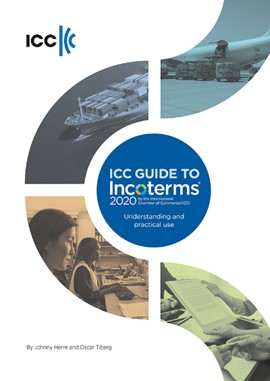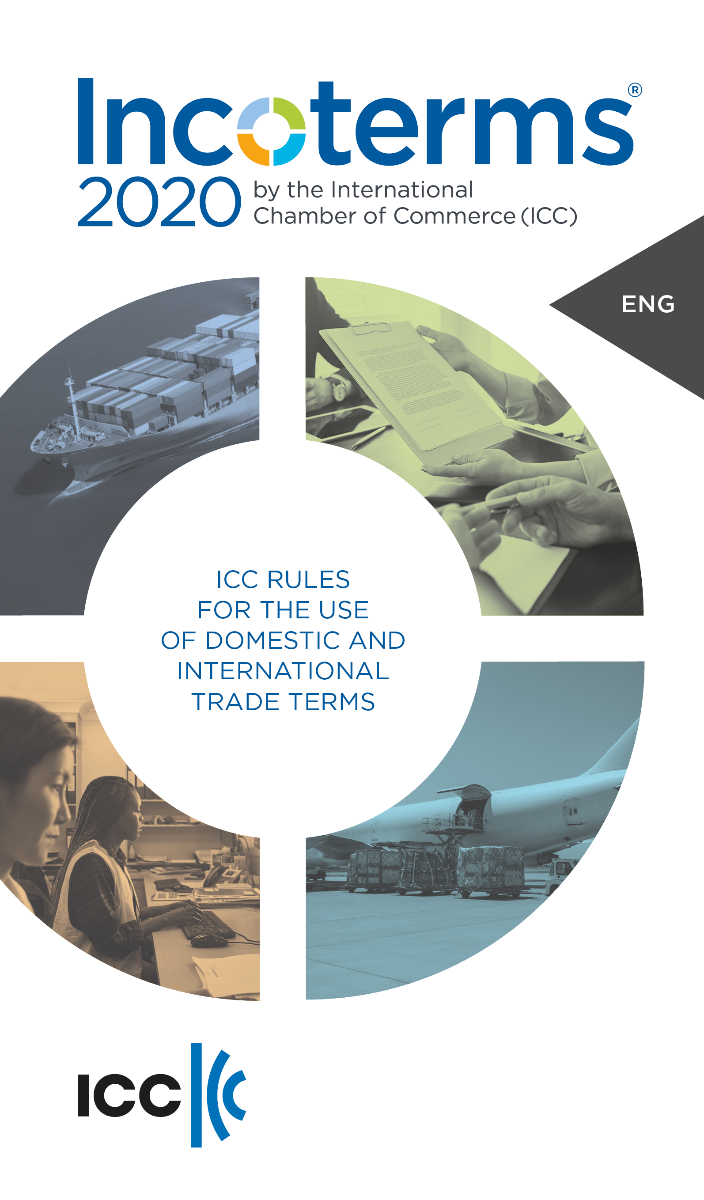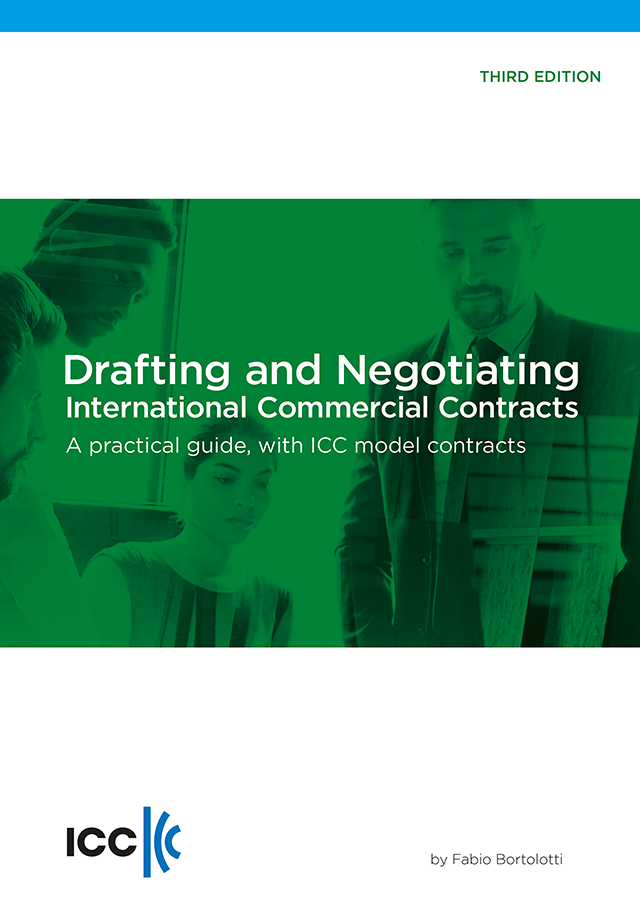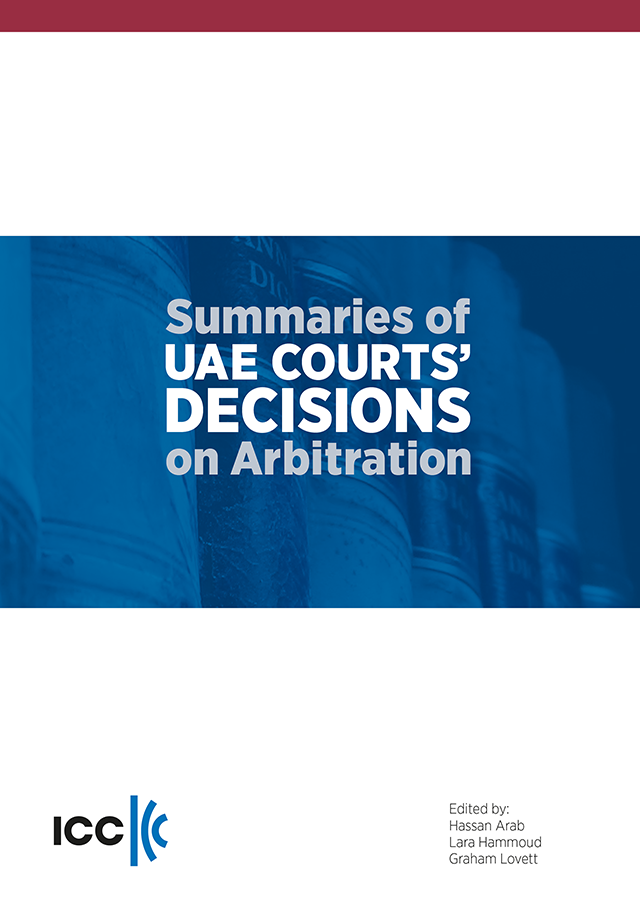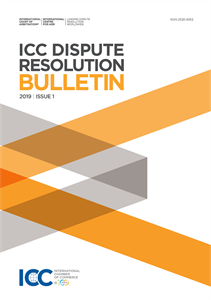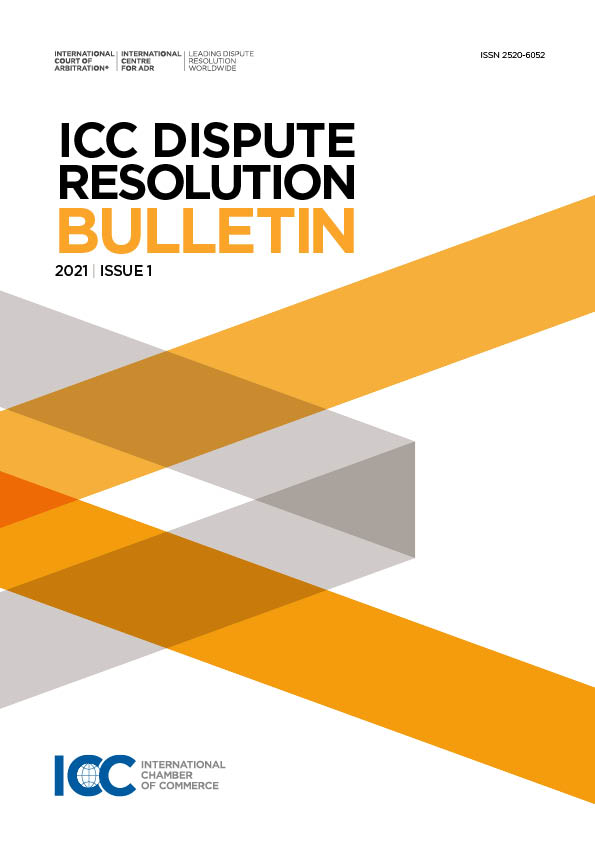payment Quick
delivery
You need help, more information or a quote ?
Help CentreICC DRS app
Our Dispute Resolution Services in an app. Download today.
The ICC Institute of World Business Law Advanced Training is coming to Mumbai in 2025 for the first time, after two successful editions in Delhi. The Training is co-organised by the ICC Institute, ICC DRS, and ICC India.
The ICC IWBL Training is an advanced level training and as such, the participants are required to possess the requisite knowledge and practical experience in arbitration to help them engage with complex issues covered at the Training. This Training is also suitable for those who are aspiring to be arbitrators and wish to develop the requisite skills and knowledge to prepare themselves for future appointments.
This Training is not open for students. To ensure a conducive training, there are limited spots for only forty (40) participants.
This training is organised on the sidelines of the ICC India Arbitration Conference that is scheduled on 14 November 2025.
To save the date and mark your calendar, please use this link to pre-register. A payment of registration fees amounting to INR5000 will be required at a later stage, after which your registration will be confirmed.
(Indian Standard Time)
|
09:00 – 09:30 |
Registration |
|
09:30 – 09:40 |
Welcoming Address |
|
09.40 – 10.15 |
Introduction: the legal framework for the conduct of the proceedings The conduct of international arbitral proceedings involves a complex array of legal sources that can be brought to bear on the process and the procedural decisions that steer it. During this session, participants will learn about the interaction of the main sources of rules and norms behind procedural decisions that aim to strike the right balance between fairness and efficiency, and between party autonomy and the mandatory rules upon which the enforceability of an award may depend. |
|
10:15 – 11:00 |
Active Case Management Techniques From the very outset of the arbitration, the tribunal must actively assist the parties in organizing and streamlining the conduct of the proceedings. During this session, participants will learn and discuss both theoretical and practical standpoint effective case management techniques. These will include issues related to drafting the terms of reference, preparing and conducting case management conferences, and adopting procedural timetables, adopting initial procedural directions, and preparing procedural timetables, with consideration of mediation/negotiating windows and bifurcation – as addressed in the ICC Guide on Effective Management of Arbitration. |
|
11:00 – 11:15 |
Coffee Break |
|
11:15 – 12:00 |
Case scenarios on active case management techniques and debate |
|
12:00 – 12:30 |
Arbitrators’ Authority: Scope and Limits The notion of arbitral authority is a complex and multifaceted one which plays a key role in the creation of a suitable framework for the arbitration. It is relevant to relations among tribunal members, relations between counsel and the Tribunal, and relations between the Parties and the Tribunal, and requires an understanding of governing procedural rules as well as of such intricate notions and inherent power. |
|
12:30 – 13:15 |
Case scenarios on arbitrators’ authority: scope and limits and debate |
|
13:15 – 14:30 |
Lunch Break |
|
14:30 – 15:00 |
Managing the exchange of information Obtaining and presenting information is of paramount importance when preparing an international commercial arbitration case. The mission of the arbitral tribunal lies in managing such exchange of information, taking into consideration the different cultural legal approaches of the parties and their counsel. Participants will learn more on how arbitrators organize and handle the presentation of facts and expert witness evidence, and how they navigate issues such as confidentiality and trade secrets. The issue of whether or not, for sake of efficiency of the process, to have a document production phase – and in which case – will be tackled. |
|
15:00 – 15:45 |
Case scenarios on managing the exchange of information and debate |
|
15:45 – 16:00 |
Coffee Break |
|
16:00 – 16:30 |
Conducting hearings Conducting fair and orderly hearings is one of the most critical tasks faced by arbitrators. Indeed, respect of due process on one side and the need to efficiently conduct the arbitral hearing on the other may pose a significant challenge for arbitrators. During this session participants will learn how arbitrators deal with expectations concerning the examination of fact and expert witnesses, process issues relating to tribunal questions, time management and special considerations for remote hearings. |
|
16:30 – 17:00 |
Case scenarios on conducting hearings and debate |
|
17:30 – 17:35 |
Closing Remarks |
Speakers to be announced shortly.
| Venue |
Venues: The Rooftop, Trident Hotel, Nariman Point |
|
Registration |
This is a paid event To save the date and mark your calendar, please use this link to pre-register. |
|
Sponsorship Opportunities: |
Sponsorship opportunities are available. Please reach out to Ms Shania Elias (Deputy Director, Arbitration and ADR, South Asia, ICC Dispute Resolution Services) at: shania.elias-ext@iccwbo.org. |
|
Ms Irene Mira |
Deputy Director, Arbitration and ADR, South Asia, ICC Dispute Resolution Services |
|
|
Ms Valerie Victor |
Executive Assistant, Arbitration and ADR, South Asia, ICC Dispute Resolution Service |

